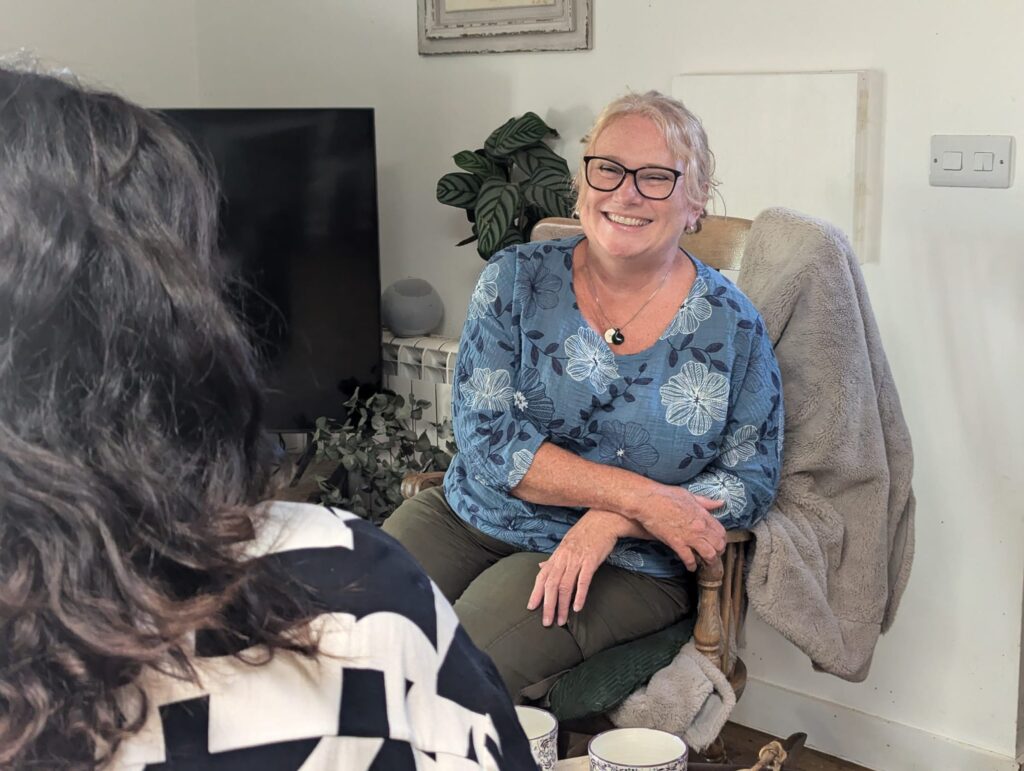1. Trauma-Informed Leadership for Teams
Explore the principles of trauma-informed practice and how they apply to team management. Discover:
· How attachment styles influence workplace dynamics.
· Practical ways to identify and address secondary trauma.
· Methods to create emotional safety and trust in your team.
2. Recognising and Managing Attachment Styles
Staff bring their own attachment experiences to work, shaping how they relate to you, colleagues, and children. You’ll learn to spot key behaviours and provide tailored support for:
· Secure staff: Confident and collaborative but in need of growth opportunities.
· Avoidant staff: Independent yet often resistant to seeking help.
· Ambivalent (anxious) staff: Eager to please but in need of reassurance and guidance.
These insights will empower you to foster healthier professional relationships, improve communication, and build a secure foundation for team success.
3. Insights from High-Performing Teams
Learn from Google’s groundbreaking Project Aristotle study on effective teams, including:
· Creating psychological safety where ideas and risks are welcomed.
· Building dependability through clear roles and expectations.
· Establishing meaning and purpose in your team’s daily work.
4. Resilience-Building Strategies
Leave with practical tools to strengthen your team’s resilience, including:
· Techniques to regulate emotions under pressure.
· Frameworks for reflective supervision to foster growth and accountability.
· Activities to celebrate achievements and encourage collective learning.





